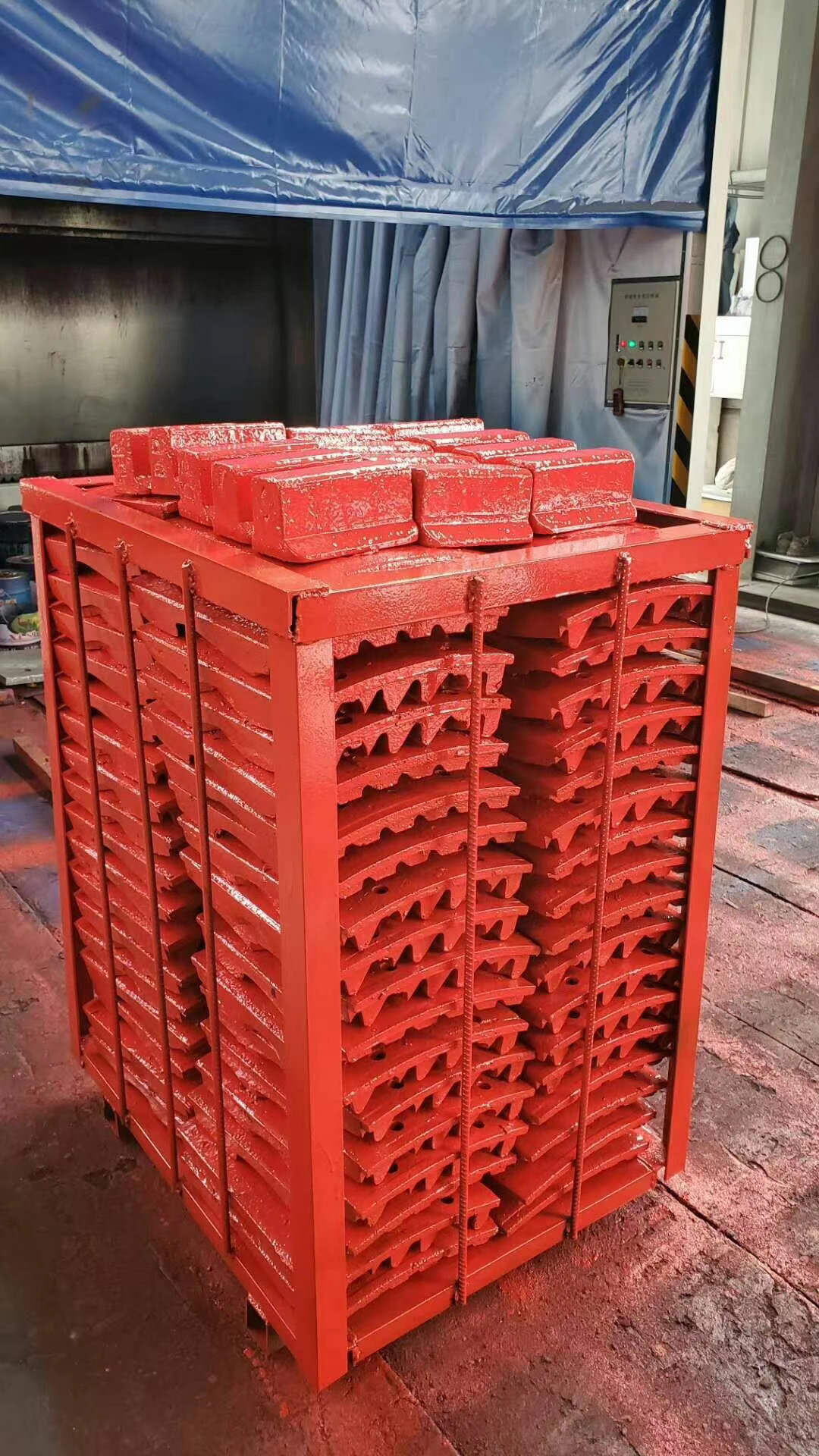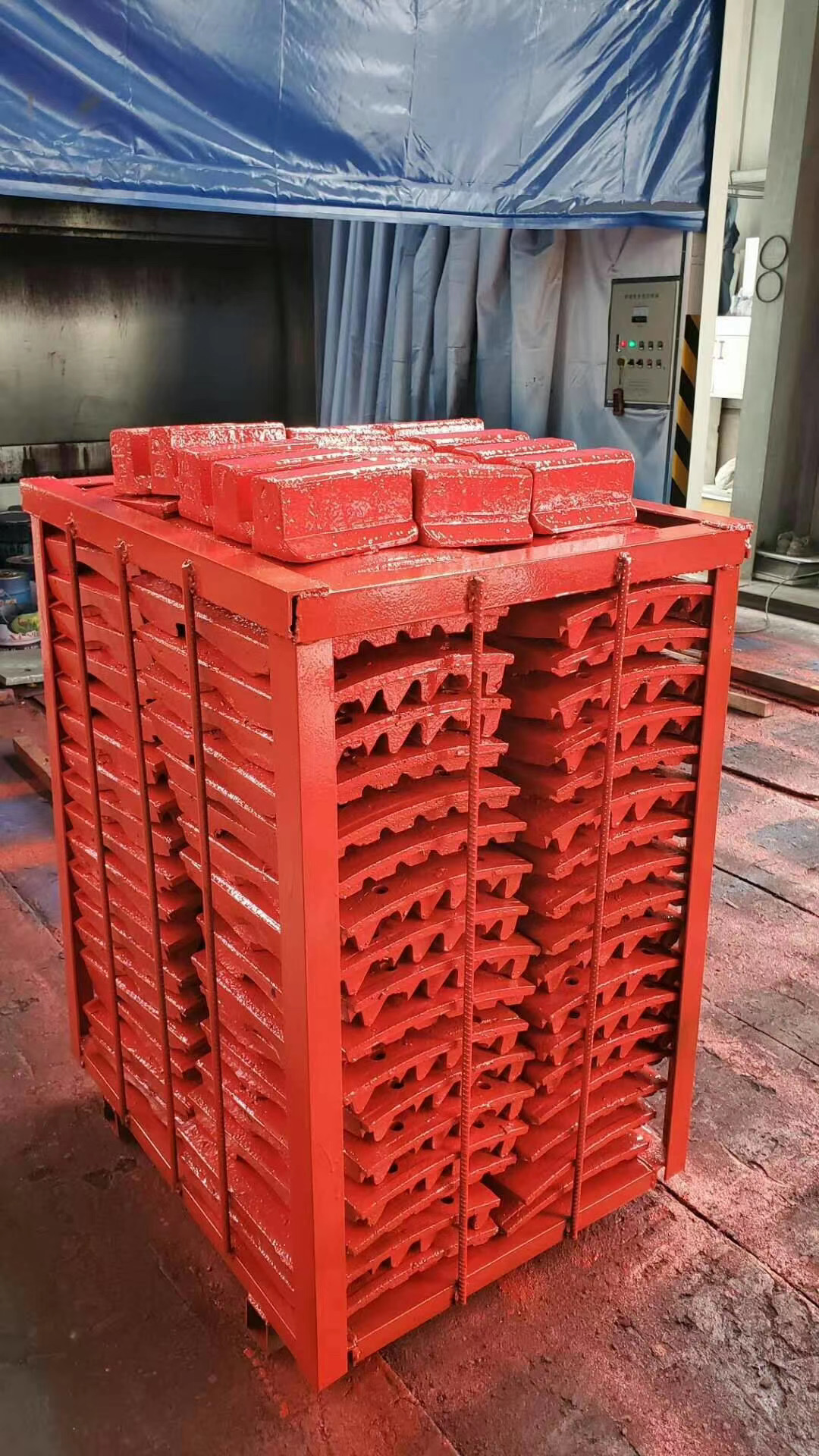Introduction to Cast Iron Plates
Cast iron has been a cornerstone of industrial production for centuries, with its origins tracing back to the 6th century BC in China. Today, it remains a critical material for manufacturing components that require high strength, durability, and thermal resistance. Cast iron plates are a specialized form of this alloy, designed to meet the demands of modern engineering. Hebei Mingda International Trading Company, a leader in precision machining and casting, offers high-quality cast iron plates tailored for diverse industrial applications.

Product Overview
Hebei Mingda International Trading Company specializes in the production of cast iron plates, leveraging over a decade of experience in precision machining and casting. The company’s expertise spans CNC turning, milling, and surface grinding, enabling the creation of complex components with tight tolerances. Cast iron plates are available in various forms, including gray, white, malleable, and nodular cast iron, each suited to specific mechanical and thermal requirements.
Key features of Mingda’s cast iron plates include:
- High carbon content (2.5–4%) for enhanced hardness and wear resistance
- Customizable dimensions, with parts produced from 1mm to 300mm
- Compatibility with materials such as aluminum, alloy steel, stainless steel, brass, and plastics (nylon, PMMA, Teflon)
- Secondary processing and sub-assembly services for complete solutions

Technical Specifications
The following table outlines the technical specifications of Hebei Mingda’s cast iron plates:
| Parameter | Details |
|---|---|
| Material Composition | Iron, carbon (2.5–4%), silicon, and trace impurities (manganese, sulfur, phosphorus) |
| Carbon Form | Flake graphite (gray cast iron), cementite (white cast iron), or spheroidal graphite (nodular cast iron) |
| Dimensions | 1mm to 300mm (customizable) |
| Tolerances | ±0.01mm (depending on application) |
| Surface Finish | High-quality finish with options for polishing or coating |
| Applications | Valves, hydrants, pumps, railway components, and automotive parts |
Types of Cast Iron and Their Applications
Cast iron is categorized based on the form and morphology of carbon present. Each type offers unique properties suited to specific industrial needs:
1. White Cast Iron
Characterized by carbon in the form of cementite, white cast iron is extremely hard and brittle. It is primarily used as a raw material for steelmaking and as a blank for producing malleable cast iron.
2. Gray Cast Iron
Containing flake graphite, gray cast iron is known for its excellent machinability and damping properties. It is widely used in engine blocks, machine bases, and valve bodies.
3. Malleable Cast Iron
Produced by annealing white cast iron, malleable cast iron has a flocculent graphite structure, offering higher toughness and plasticity. It is ideal for components requiring impact resistance, such as gears and brackets.
4. Nodular (Ductile) Cast Iron
With spheroidal graphite, nodular cast iron combines high strength with ductility. It is preferred for critical applications like pump housings, turbine blades, and heavy machinery parts due to its superior mechanical properties.
Company Background: Hebei Mingda International Trading Company
Established with a focus on precision machining and casting, Hebei Mingda International Trading Company has built a reputation for delivering high-quality components to domestic and international clients. The company’s production capabilities include:
- Resin sand casting
- Sand mold casting
- Lost-wax and lost-foam casting
- Secondary processing and sub-assembly services
With over 16 years of experience in manufacturing hydrant and valve bodies, Mingda has refined its processes to ensure consistent quality and surface finish. The company’s commitment to innovation is reflected in its adoption of advanced technologies like CNC machining and heat treatment to enhance product performance.
Hebei Mingda’s expertise extends to a wide range of industries, including automotive, construction, and energy. By maintaining strict quality control and continuously improving production techniques, the company aims to provide customers with reliable and cost-effective casting solutions.
Advantages of Choosing Hebei Mingda’s Cast Iron Plates
Several factors set Hebei Mingda apart in the competitive casting industry:
- Customization: The ability to produce parts according to customer drawings ensures precise alignment with specific requirements.
- Quality Assurance: Rigorous quality control measures and advanced inspection equipment guarantee compliance with industry standards.
- Cost-Effectiveness: Competitive pricing combined with high-quality output makes Mingda a preferred partner for OEMs and manufacturers.
- Comprehensive Services: From prototyping to final assembly, the company offers end-to-end solutions to streamline the production process.
Additionally, Mingda’s focus on sustainable practices and material efficiency aligns with global trends in responsible manufacturing. The company’s dedication to innovation ensures that its products remain at the forefront of technological advancements in the casting sector.
Industry Applications
Cast iron plates from Hebei Mingda find extensive use across various industries:
- Valves and Hydrants: The durability of cast iron makes it ideal for components in water supply systems and industrial valves.
- Pumps and Compressors: High-strength cast iron plates are used in pump housings and compressor parts to withstand harsh operating conditions.
- Railway and Automotive: Components like truck frames and train parts benefit from the wear resistance and thermal stability of cast iron.
- Construction Equipment: Cast iron plates are employed in machinery for earthmoving and heavy lifting due to their load-bearing capacity.
These applications highlight the versatility of cast iron plates in meeting the demands of modern engineering challenges.
Ensuring Quality Through Standards
The importance of precise measurements and material standards in manufacturing cannot be overstated. According to the National Institute of Standards and Technology (NIST), “accurate measurements are fundamental to the development of reliable and high-performance industrial materials.” NIST’s role in establishing metrology standards ensures that components like cast iron plates meet rigorous quality benchmarks.
Hebei Mingda adheres to these principles by integrating advanced measurement techniques into its production processes. This commitment to precision aligns with NIST’s mission of driving innovation through reliable standards.
Source: National Institute of Standards and Technology (NIST)
Conclusion
Hebei Mingda International Trading Company’s cast iron plates exemplify the perfect blend of traditional metallurgy and modern engineering. With a focus on quality, customization, and innovation, the company continues to deliver solutions that meet the evolving needs of industries worldwide. Whether it’s for valves, pumps, or railway components, Mingda’s expertise ensures that every product meets the highest standards of performance and reliability.

评论(0)